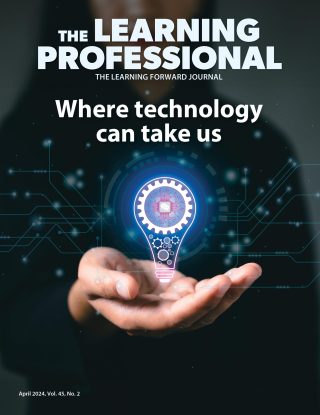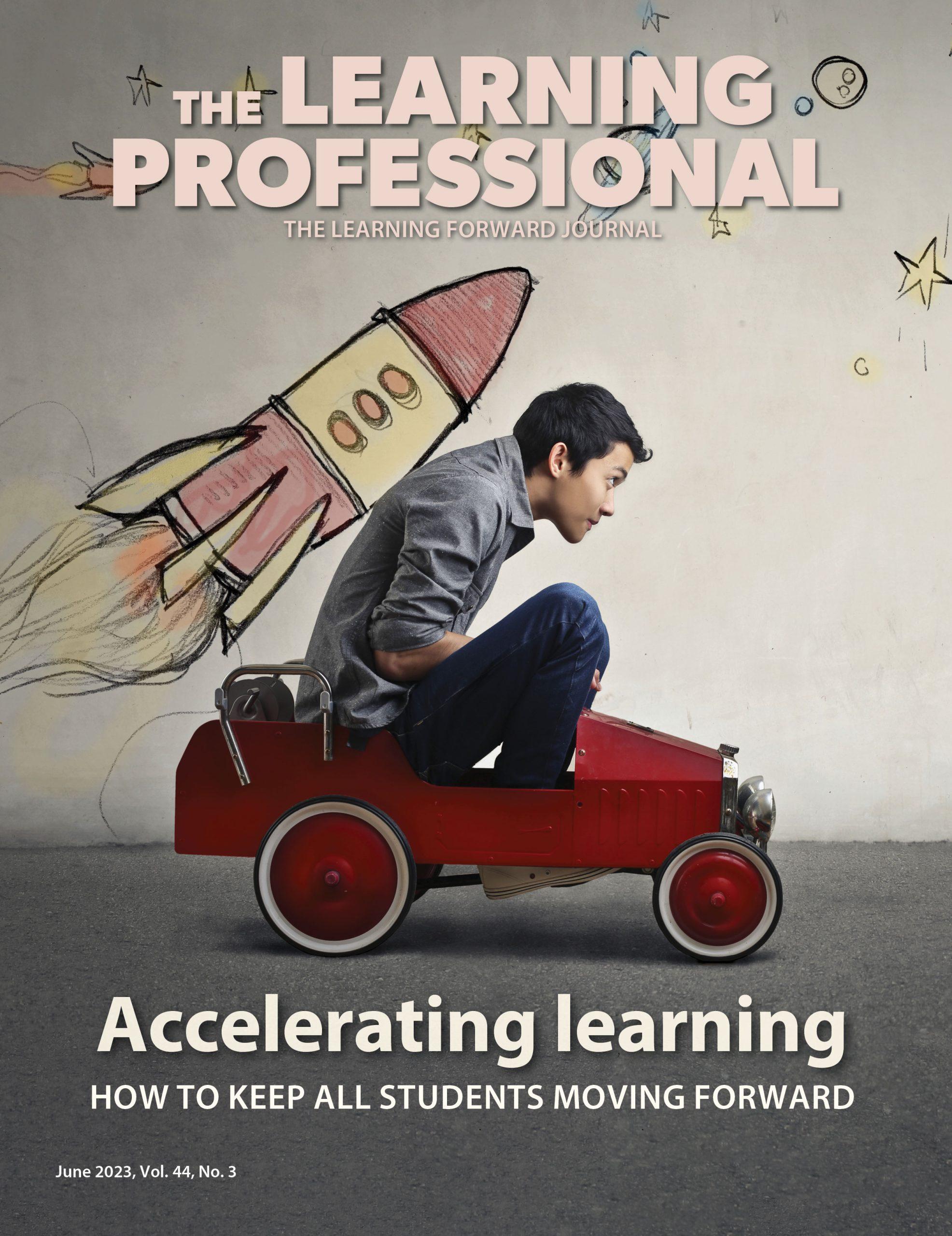FOCUS
Knowledge Seekers: A Culture of Inquiry Among High School Teachers And Students
By James Kilbane and Christine Clayton
December 2017
Read the remaining content with membership access. Join or log in below to continue.
Sed ut perspiciatis unde omnis iste natus error sit voluptatem accusantium doloremque laudantium, totam rem aperiam, eaque ipsa quae ab illo inventore veritatis et quasi architecto beatae vitae dicta sunt explicabo. Nemo enim ipsam voluptatem quia voluptas sit aspernatur aut odit aut fugit, sed quia consequuntur magni dolores eos qui ratione voluptatem sequi nesciunt. Neque porro quisquam est, qui dolorem ipsum quia dolor sit amet, consectetur, adipisci velit, sed quia non numquam eius modi tempora incidunt ut labore et dolore magnam aliquam quaerat voluptatem.
Sample Abridged Learning Plan
Title: Promoting critical thinking skills using real-world connections in mathematics.
Description: This project will be geared toward developing teaching practices that promote critical thinking and connections to the real world.
Who: Grade-level 9 algebra students.
Teacher inquiry: If we train students to connect material in the classroom to real-world situations, they will perform better on modeling linear and quadratic equations and on making overall mathematical connections.
Student inquiry: How can I connect and apply the topics I am learning in algebra to real-world situations?
How: First, students will decipher word problems in each unit that connect the material to real-world situations. Next, students will create their own word problems based on a given topic or equation. Finally, students will be presented with decisions they will need to make in the real world, and they will decide what approach to take to make an educated decision.
Data reviewed: In-class assignments, test scores, observations, pre- and post- student surveys, samples of student work at the beginning, middle, and end.
References
Bonnstetter, R.J. (1998). Inquiry: Learning from the past with an eye on the future. Electronic Journal of Science Education, 3(1).
Cochran-Smith, M. & Lytle, S. (2009). Inquiry as stance: Practitioner research for the next generation. New York, NY: Teachers College Press.
McDonald, S. & Songer, N.B. (2008). Enacting classroom inquiry: Theorizing teachers’ conceptions of science teaching. Science Education, 92(6), 973-993.
Newmann, F.M., Marks, H.M., & Gamoran, A. (1996). Authentic pedagogy and student performance. American Journal of Education, 104(4), 280-312.
Scheuermann, A.M., Deshler, D.D., & Schumaker, J. (2010). The effects of the explicit inquiry routine on the performance of students with learning disabilities on one-variable equations. Learning Disability Quarterly, 32(2), 103-120.
Senge, P. (1990). The fifth discipline: The art and practice of the learning organization. New York, NY: Doubleday.
Senge, P., Cambron-McCabe, N., Lucas, T., Smith, B., Dutton, J., & Kleiner, A. (2000). Schools that learn: A fifth discipline fieldbook for educators, parents, and everyone who cares about education. New York, NY: Doubleday.
Recent Issues
TAKING THE NEXT STEP
December 2023
Professional learning can open up new roles and challenges and help...
REACHING ALL LEARNERS
October 2023
Both special education and general education teachers need support to help...
THE TIME DILEMMA
August 2023
Prioritizing professional learning time is an investment in educators and...
ACCELERATING LEARNING
June 2023
Acceleration aims to ensure all students overcome learning gaps to do...











